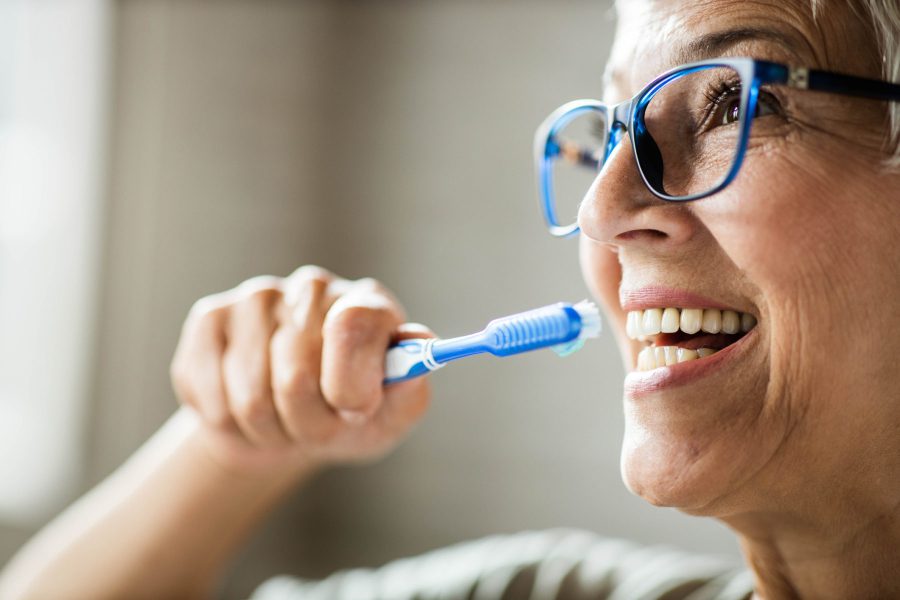Tooth extraction can be daunting. Proper aftercare ensures a smooth recovery. Neglect can lead to complications. Taking care of your mouth after a tooth extraction is essential. It helps prevent infections and promotes faster healing. The extraction site is vulnerable. Proper care minimizes the risk of complications. Follow these steps to maintain good oral health.

Immediate Actions After Tooth Extraction
Bite down on gauze to stop bleeding. Keep it in place for 30-45 minutes. Replace if bleeding continues. Avoid rinsing your mouth for 24 hours. This helps form a blood clot. Avoid touching the extraction site. Touching can cause infection. The initial 24 hours are critical. Your body needs time to form a blood clot. This clot protects the wound and promotes healing. If the bleeding persists, contact your dentist. They may need to provide additional care. Avoid strenuous activities. Physical exertion can increase bleeding. Rest and allow your body to heal.
Pain Management and Medication
Your dentist may prescribe painkillers. Take them as directed. Over-the-counter pain relief can also help. Avoid aspirin. It can thin your blood and cause bleeding. Apply an ice pack to your cheek to reduce swelling.Take pain medication with food to avoid stomach upset. Use the ice pack for 15 minutes at a time. Give your skin a break between applications. Elevate your head while sleeping. This helps reduce swelling and discomfort. Avoid lying flat. It can increase blood flow to the extraction site.
Maintaining Oral Hygiene
Do not brush the extraction site for 24 hours. Brush your other teeth gently. After 24 hours, rinse with warm salt water. Mix one teaspoon of salt in a glass of water. Rinse gently after meals and before bed. Avoid commercial mouthwashes. They can irritate the extraction site. Maintaining oral hygiene is essential. It helps prevent infections. Be gentle around the extraction site. Use a soft-bristled toothbrush. Avoid vigorous rinsing. It can dislodge the blood clot. Continue with regular brushing and flossing. Keep your mouth clean to promote healing.
Dietary Recommendations
Eat soft foods for the first few days. Avoid hot and spicy foods. They can irritate the wound. Drink plenty of fluids. Avoid using straws. The suction can dislodge the blood clot. Avoid alcohol and tobacco. They can slow down healing. Your diet plays a significant role in recovery. Choose nutritious foods. They provide essential nutrients for healing. Consider foods like yogurt, mashed potatoes, and smoothies. Avoid crunchy or chewy foods. They can cause discomfort and delay healing. Gradually reintroduce solid foods as you heal. Listen to your body and avoid foods that cause pain.
Recognizing Signs of Complications
Monitor for signs of infection. These include fever, increased pain, and swelling. Bad taste or smell from the extraction site can indicate infection. Contact your dentist if you experience these symptoms. Dry socket is another complication. It occurs when the blood clot dislodges. Symptoms include severe pain and an empty socket. Seek immediate dental care if you suspect dry socket. Recognizing complications early is crucial. It allows for prompt treatment. Pay attention to your body’s signals. Do not ignore unusual symptoms. Follow up with your dentist as needed. They can provide additional care and guidance.
Proper care after a tooth extraction is crucial. Contact Apex Dental Smiles to schedule a consultation about post-extraction care. Our team is dedicated to your oral health and we provide personalized care and attention.
